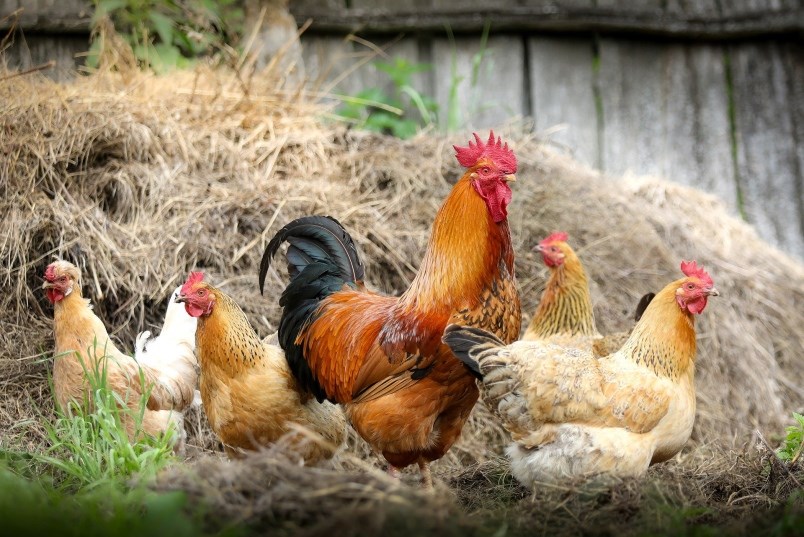That’s the question the city is seeking to answer as it kick starts a process to develop a food systems strategy after hearing in May 2019 from local food accessibility group Burnaby Food First.
As a result of that request, staff were directed to investigate the matter and report back on their findings. Staff brought that report to city council in a recent meeting, setting out a framework for developing such a strategy.
A food system involves everything from growing, producing and processing food to transporting, distributing and consuming it, according to the staff report. But food security remains troublesome for many in the province, with the BC Centre for Disease Control estimating 12.7% of people don’t have consistent access to adequate nutrition, according to the staff report.
And the COVID-19 pandemic has only made that worse. Around 3,200 Burnaby residents visit the food bank every week, compared to about 2,000 people prior to the pandemic, staff noted.
According to the report, the Lower Mainland supplies over 130 different farming products, including fruits, vegetables, dairy and poultry.
Here in Burnaby, there are 234 hectares of land earmarked for farming through the Agricultural Land Reserve, which is used up by 40 active farms. The city also has food processing businesses within its borders, though staff didn’t quantify the size of that sector.
Local governments’ main contributions around food systems, according to the report, rely on land-use decisions, including protecting agricultural land and zoning industrial areas for food production, distribution and retail.
For instance, several residents have complained to the city in the last year about bylaws prohibiting the keeping of chickens in backyards. The issue was originally dismissed by council, but it returned shortly thereafter at the request of Coun. Joe Keithley, who framed it as a food security issue.
The city can also subsidize meal programs, cooking programs and gardening workshops, according to the report.
Staff said the city could look at ways to bring more agricultural land into active food production; expand opportunities for food growing within the urban setting, such as community gardens; protect manufacturing and industrial land for food processing; and review zoning to protect cultural food assets.
The city expects to develop its food systems strategy in three phases, starting with hiring a food systems consultant and setting up a food systems advisory network. The second phase would see the city get into research and community engagement, and develop a draft plan, and the final phase would be implementing the plan.
Council voted unanimously in favour of the framework. No timeline has been announced for the process.
Follow Dustin on Twitter: @dustinrgodfrey
Send him an email: [email protected]


